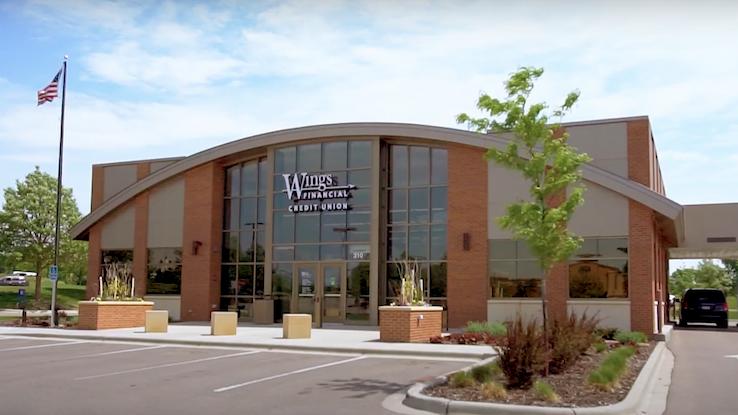
Are you interested in secured loans? This type of loan is one that’s backed by collateral that becomes the lender’s property if you don’t pay the loan back or meet the terms of the loan. It minimizes the lender’s risk, and in return, a secured loan may have a lower interest rate than a secured one. Houses, vehicles and savings accounts are common examples of collateral for these loans.
You have a choice of different types of secured loans, including those made with bank accounts, insurance policies and investments as collateral. Secured credit cards, which require a cash deposit, are a form of secured loan designed to help boost credit scores for people with low or no credit. Because you’re putting collateral down, these loans are typically easier to get than unsecured loans. But you want to work with trustworthy, reputable lenders. Here’s a quick guide to help you figure out where to find them.
Check Regular Banks
Many banks offer secured loans, but most require that you’re a customer before you apply. With that in mind, it makes sense to start with your personal bank to inquire about the types of secured loans it offers and what the loans’ requirements and terms are. Larger banks may allow customers to use assets like savings accounts as collateral. In turn, borrowers can’t touch those accounts until their loans are paid off.

Visit Credit Unions
Credit unions are another helpful option, particularly for borrowers with less-than-perfect credit. These lending institutions often consider a wider range of borrowers and have a history of providing loans with affordable terms. For example, federal credit unions may cap their loans at a certain annual interest rate. Some credit unions let borrowers use a certificate of deposit (CD) or money market account to secure a loan. For example, if you have a CD with your local bank for $100,000, you could be eligible to take a loan for up to $100,000 with the credit union.

Consider Online Lenders
The majority of online lenders specialize in providing unsecured loans — those that don’t involve collateral. Among those that do offer secured loans, the annual percentage rate can be high, even above 30%. In some cases, borrowers may be required to apply for an unsecured loan before having the option to apply for a secured loan. The one benefit is that online lenders often allow applicants to check their potential interest rates without these checks affecting their credit scores, making it easier to shop around and compare options.

Research Mortgage Companies
If you’re looking to buy a house, refinance your home loan or borrow against the equity in your home, a bank isn’t the only option. Using your home to secure a loan with a mortgage company is a viable alternative. You can accomplish this in several ways and for many different purposes. A secured loan through your mortgage company can help you finance bigger projects, depending on the value of the home. You may be able to set this up as a standard loan, which means you borrow a set amount and pay it back according to terms.

Or, you might be able to apply for a home equity line of credit, which allows you to borrow just what you need when you need it up to the maximum amount of your credit line. A home equity line of credit works like a credit card, providing revolving access to credit.
Understanding What to Look for in a Secured Loan Lender
Knowing where to look is helpful, but knowing how to choose the right secured loan for your unique situation is essential for making sure you get a loan with the best possible terms. Start by shopping around. Comparing the interest rates from at least two lenders could make a big difference in what you choose and in what the loan ultimately costs. Similarly, consider the terms of the loan — the length of time you have to pay it back. Longer terms give you lower monthly payments, but you’ll end up paying more interest over the life of the loan compared to those with shorter repayment periods.

Other important details to keep front and center include application fees and other fees like appraisals, origination fees and monthly fees. Before signing on the dotted line, make sure you’ll be able to make your monthly payments; otherwise, you risk losing your collateral.





